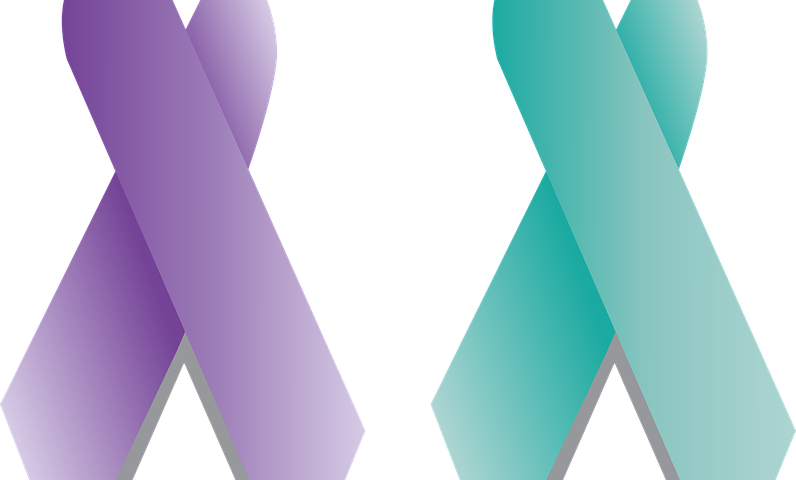With the goal of raising awareness and saving lives, May 8th has been dedicated as World Ovarian Cancer Day. Over 22,000 women are diagnosed with ovarian cancer each year. Unfortunately, this silent killer is often detected only in the later stages. However, when detected and treated early the five year survival rate is over 90%. Knowing the signs of ovarian cancer is critical to an early diagnosis and successful treatment.
Common Signs
Because the ovaries are such tiny organs and are nestled deep in the abdomen, the signs are often overlooked or unnoticed. But many women find that these common occurrences were actually warning signs:
- Bloating
- Pelvic or abdominal pain
- Trouble eating or feeling full very quickly
- Feeling the need to urinate urgently or very often.
Other less unusual symptoms include:
- Fatigue
- Back pain
- Upset stomach
- Heartburn
- Constipation
- Menstrual changes
When to Seek Medical Care
If you are experiencing these symptoms and they do not resolve themselves or are not corrected with changes in diet, exercise and rest, then it is time to seek a medical opinion. Early diagnosis and treatment hold a great potential for a successful outcome. In addition, if there is another underlying cause for your discomfort, you can seek the appropriate care knowing that you need not worry about ovarian cancer.
Your Options
Of course, your doctor will determine which treatment approach is best for your specific case but there are many options that you should be aware of to understand that this is a very treatable disease. It is also important to know that even after the removal of a single ovary, you can still become pregnant and carry a healthy child to term. Having a single ovary does not mean that you are only half as fertile or have only half as good a chance of conceiving, providing your remaining ovary is healthy.
Some of the most common treatment options include:
- Surgery to remove the cancerous growth or the entire ovary.
- Chemotherapy is treatment with chemicals which are designed to destroy cancer cells or stop them from growing.
- Radiation therapy uses high energy x-rays to kill cancer cells or to shrink tumors.
- Complementary Therapies uses a whole body approach to fight cancer and focuses on relieving stress and lessening side effects such as fatigue, pain and nausea.
- Clinical Trials are research studies that are being conducted to improve the methods used to treat various types of cancer.
Early Detection is Critical
Everyone experiences discomfort from time to time or even a low grade pain. But a long lasting pain or sharp severe pain is you body’s way of alerting you to an issue. Disregarding these warnings is only going to allow the issue to continue and most likely worsen. Seeking a diagnosis and treatment in a timely manner is the best way to ensure a very positive outcome for ovarian cancer or any disease. And there is no better time than May to help spread the word about the signs of this silent killer. Awareness and action – (sponsored link) – will save lives and help in the fight to eliminate ovarian cancer.

